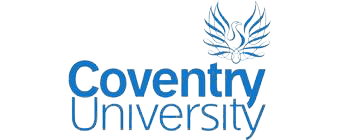In the modern world of vehicle design and manufacture, companies require engineers who are highly qualified and possess specialised skills. If you have an interest in innovative road vehicles and a mechanical or automotive background, this course could provide you with technical and managerial skills and expertise that are highly sought after by the automotive industry.
Take our virtual tour
This highly focused course has been developed in consultation with our impressive network of industry partners, including Jaguar Land Rover and Aston Martin. It also draws on the industrial experience of academics and research activity which covers the major specialisms such as functional safety, optimisation techniques, propulsion systems, vehicle dynamics, human factors, connected and autonomous vehicles simulation and testing
We aim to equip you with the know-how to design and test vehicles that are more fuel efficient, refined and safe, by studying industry desired principles of design, operation, performance, safety and optimisation of automotive systems, as required to engineer a Connected Autonomous Vehicle. This could lead to a career as an automotive engineering specialist in a wide range of engineering, manufacturing, and service organisations.
Work placement option
This master's programme provides you with the additional option to apply for a 'work placement' opportunity during your first semester with us. The 'work placement', which if secured, can be carried out in the second year and is designed to further develop your skills, knowledge and professional experience with the aim of maximising your employability prospects. Please note that the optional placement modules incur an additional tuition fee of £4,000 payable on completion of ‘work placement’.














